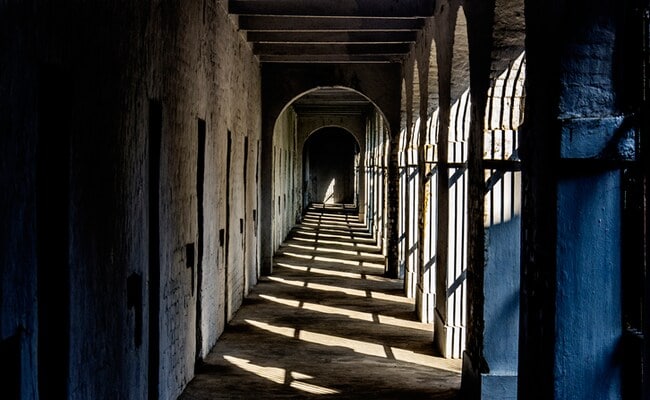
Islamabad:
Pakistan’s use of the death penalty is among the harshest in the world, accounting for 26 per cent of the global death row population, according to data released by a non-profit group on Thursday.
A total of 6,161 prisoners were on death row in 2024, up from the 6,039 reported in 2023, legal action group Justice Project Pakistan (JPP) said in its annual report. The number contrasted with the earlier trends when the death row population stood at 3,226 in 2022.
The Lahore-based NGO issued the third edition of its annual report called Death Penalty in Pakistan: Data Mapping Capital Punishment, commemorating the 22nd World Day Against the Death Penalty.
The highest number of such prisoners was in the Punjab province at 2,505, followed by the Khyber Pakhtunkhwa province at 2,311. The JPP data also showed that Pakistan’s use of the death penalty is among the harshest in the world, accounting for 26 per cent of the world’s death row population, 13 per cent of global executions, and 14 per cent of worldwide death sentences.
Since 2004, Pakistan has handed out at least 4,500 death sentences, an average of one per day. Every seventh person sentenced to death globally and every eighth person executed in the world is a Pakistani, according to the JPP.
Pakistan was ranked as “one of the highest users of the death penalty globally” which is a “sobering statistic”, highlighting “the urgent need for reform”, the report said.
It said that Pakistan has not carried out capital punishment since December 2019, but “remains one of the most prolific users of capital punishment, with over 31 crimes punishable by death.” The NGO invited policymakers, advocates, and the general public to engage with the data as part of a broader dialogue on justice reform.
“The report not only presents a statistical overview of death row prisoners but also delves into the underlying issues within Pakistan’s criminal justice system that perpetuate the use of capital punishment,” the JPP said.
It said the NGO seeks to “magnify the individual stories behind these statistics, highlighting the often overlooked human toll of state-sanctioned executions.”
(Except for the headline, this story has not been edited by NDTV staff and is published from a syndicated feed.)


































